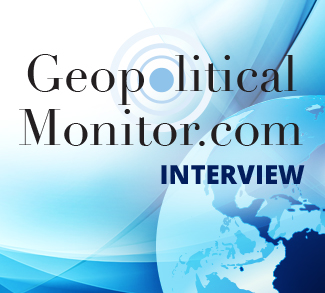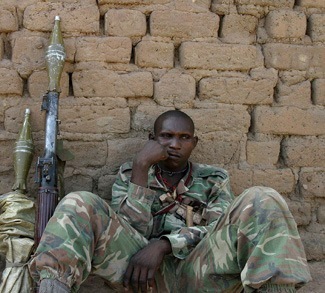It has been one year since Javier Milei took office in Argentina. As he warned during his campaign, his administration has been plagued by authoritarian practices, verbal and institutional violence, and policies that openly curtail citizens’ rights. Argentina currently possesses significant democratic capital. We must now ask how long this capital will last in resisting the libertarian wave.
During the 2023 election campaign, the Argentinian think tank Asuntos del Sur published a study assessing the levels of authoritarianism among presidential candidates. The analysis was grounded in the theoretical framework developed by Steven Levitsky and Daniel Ziblatt in their book How Democracies Die, which explores a disturbing paradox: nowadays, democracies are eroded not ‘from the outside,’ but rather, from within, by democratically elected leaderships. In Asuntos del Sur’s study, Milei’s candidacy sounded alarm bells across every dimension put forward by the authors.
In its 2024 issue, Asuntos del Sur picked up the research by assessing what had happened in the first year of government. If there is one thing that Javier Milei cannot be accused of, it is failing to keep his promises. The study, Democratic Alert: Critical Markers of Authoritarian Risk in Javier Milei’s First Year in Office, analyzed the president’s speeches, social media images, and policies. What it found is a vision of Argentine and global politics as a Manichean and moralizing conflict, without nuance, between a figure with messianic characteristics and a series of supposedly immoral and evil adversaries. Milei characterizes entire social sectors as communists, socialists, collectivists, criminals, parasites, or indoctrinators of youth. This Manichean antagonism is central to the denial of the legitimacy of his political opponents, one of the criteria for authoritarian risk identified by Levitsky and Ziblatt.
This worldview is directly reflected by his governance. His anti-political and anti-statist discourse is the basis for a very real war against the state: not to improve processes or achieve greater efficiency, but rather, to shrink the state, because everything public is bad. Yet, it is not a matter of shrinking the whole state: some areas, such as internal policing, were strengthened. The goal is to reduce as much as possible—if not eliminate—all areas of the state that provide rights protections outside of the market: protection against illness, old age, gender violence, and poverty.
A risk we must monitor closely is whether these violent discourses and policies translate into unplanned social violence by his supporters against those targeted as enemies: scientists, educators, the LGBTQ+ community, and people stigmatized as poor or racialized. We have already seen attacks on lesbians and CONICET teams (the National Scientific and Technical Research Council. These are isolated cases, but it is a new and worrying phenomenon in a political culture that has been peaceful since 1983.
The erosion of political practices is real. Nevertheless, no changes or suspensions of constitutional rules have been proposed, nor has the functioning of Congress been altered. However, the recurrent use of Necessity and Urgency Decree should be noted. The risks, for now, are moderate.
The reality is that democracy still holds. Milei is a leader elected by popular vote and with ongoing legitimacy. Congress functions, and the president skillfully uses political tactics to advance his agenda by negotiating with governors and opposition party leaders. The judiciary, even with its problematic biases, is behaving no differently from other presidential terms. In other words, we are not talking about a dictatorship, nor an authoritarian regime.
Still, the alarms identified previously are worrying because they are slowly diminishing the democratic capital Argentina has worked so hard to build, bathing it in a bain-marie. The degradation of peaceful political discussion, the growing questioning of rights across different sectors of society, the intolerance of dissidence and social protest, and the undermining of the rights acquired by citizens are eroding our society’s democratic contract.
Let us not be like the frog in the boiling pot, who recognizes the danger only when it is too late to escape. We know from Levitsky and Ziblatt that governments wanting to advance against democracy depend on the inaction of political parties, the judiciary, and thought leaders, to succeed. Now is the time to return to building coalitions of democratic forces, to endorsing pacts of respect for public debate, dissent, and the principles of citizens’ rights. We must remember that while delegitimization and discursive violence may seem bearable as long as they target others if left unchecked, they inevitably end up forming a tide that covers everyone. Perhaps in this, we will be able to regain ground in the cultural battle for the reconstruction of a social contract that promotes the recovery and expansion of democracy.
Matías Bianchi is the founder and director of Asuntos del Sur, a think tank dedicated to the design and implementation of political innovations in Latin America.
María Esperanza Casullo is Professor-researcher at the National University of Río Negro, and Doctor in Government from Georgetown University.
The views expressed in this article belong to the author(s) alone and do not necessarily reflect those of Geopoliticalmonitor.com.




